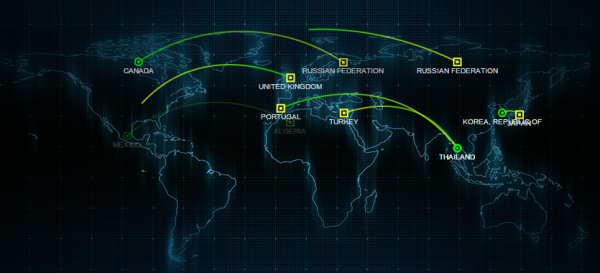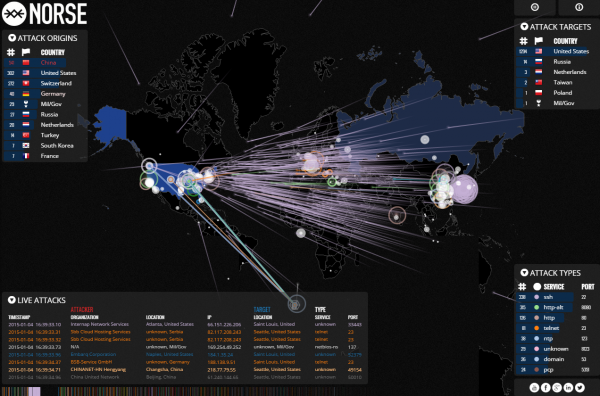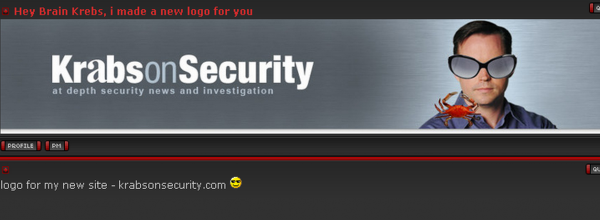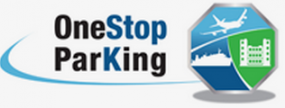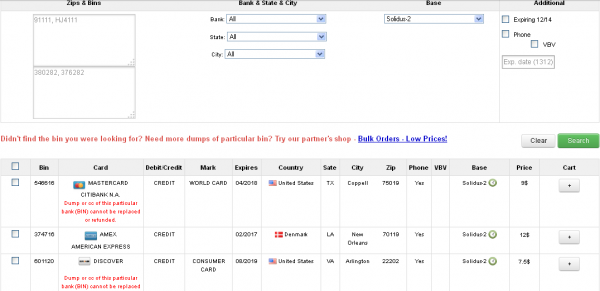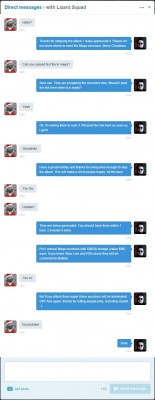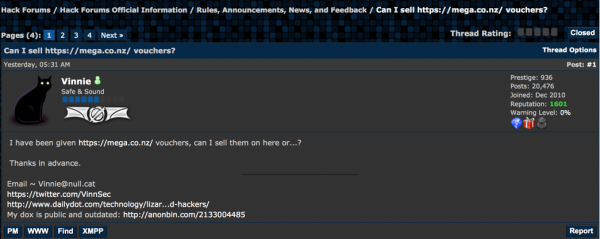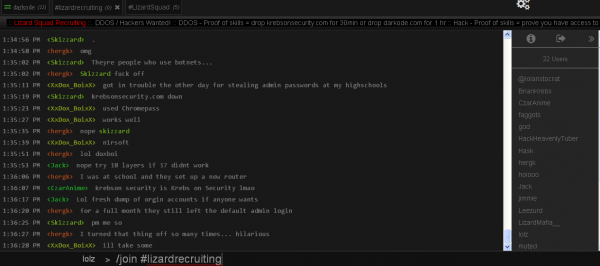Previous stories on KrebsOnSecurity about ATM skimming attacks have focused on innovative fraud devices made to attach to the outside of compromised ATMs. Security experts are now warning about the emergence of a new class of skimming scams aimed at draining ATM cash deposits via a novel and complex attack.
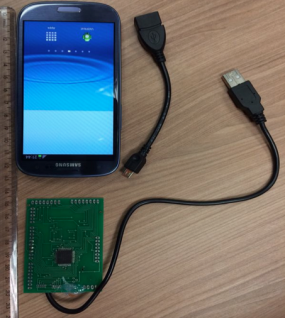
The attackers responsible for this “black box” ATM hack relied on a mobile device and a USB-based circuit board.
At issue is a form of ATM fraud known as a “black box” attack. In a black box assault, the crooks gain physical access to the top of the cash machine. From there, the attackers are able to disconnect the ATM’s cash dispenser from the “core” (the computer and brains of the device), and then connect their own computer that can be used to issue commands forcing the dispenser to spit out cash.
In this particular attack, the thieves included an additional step: They plugged into the controller a USB-based circuit board that NCR believes was designed to fool the ATM’s core into thinking it was still connected to the cash dispenser.
“They didn’t have to do this [to get away with the money] but our guess is they thought this component would buy them some time,” before the ATM’s owners figured out something was wrong, said Charlie Harrow, solutions manager for global security at NCR.
NCR says the crooks then attached a smart phone (a virgin, out-of-the-box Samsung Galaxy 4), which they used as a conduit through which to send commands to the cash dispenser remotely. According to Harrow, the mobile phone was set up to relay commands through a dynamic IP service.
“Which meant that the real attacker sending the commands was somewhere remote from the ATM,” Harrow said.
Why would the ATM thieves set it up so that the dispense commands could only be issued remotely, when co-conspirators would still need to be present at the hacked cash machine to retrieve the money? Harrow believes it’s so that the boss running the crime operation can call the shots.
“There is no honor among thieves, and these guys will delegate responsibility,” Harrow observed. “That way, you have the Mr. Big back at the hideout who’s sending the commands, and the mules are the ones at the ATMs. So the mule who has the black box is unable to activate the attack unless he gets the command from the Mr. Big, and the mobile phone is the best way to do that.” Continue reading




